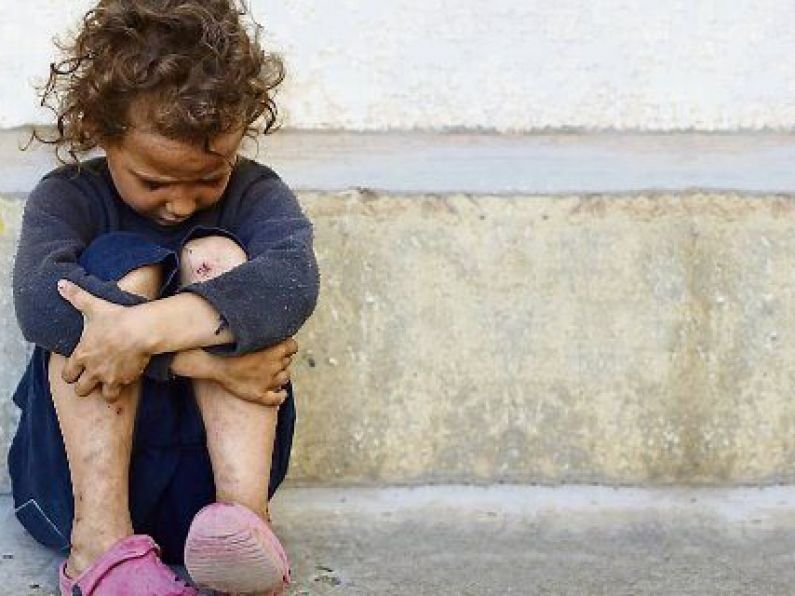Children from Roma, migrant, refugee and Traveller communities are at a greater risk of sexual exploitation, a new report has found.
The findings come despite recent improvements in Irish child protection law and show that higher poverty and social inequality among these groups are contributing to the higher risk.
The report was published by ECPAT International (End Child Prostitution and Trafficking) today, an NGO which is working to end the sexual exploitation of children around the world.
It contains a number of recommendations for how Ireland could bolster its protections for vulnerable children, including:
- Enact legislation to protect children between 17 and 18 years old from online grooming
- Ensure that the national policies in place address the socioeconomic factors that make children vulnerable to exploitation, and that they prevent discrimination against children from the Traveller community, Roma, migrant and asylum seeker children
- Undertake research to investigate how children belonging to the Traveller communities are affected by sexual exploitation in Ireland.
- Investigate how children, particularly girls from Eastern European countries, are affected by the sham marriage industry operating in Ireland
- Conduct research on the risks posed by exploitation on boys here, and how to address the unique needs of male child victims
The group acknowledges that the enactment of the Criminal Law (Sexual Offences) Act, 2017, which specifically criminalises child sexual exploitation, is a positive legal development, but says that "vigilance is still required to protect the most vulnerable".
ECPAT International's Executive Director, Robbert van den Berg, says that while Ireland's legislative framework to protect children from sexual exploitation is "quite good", the government could do more by implementing national complaint mechanisms suitable for young victims, and including measures that would make it easier for kids to seek compensation.
Mr van den Berg says that income inequality means that "children from vulnerable and marginalised groups are often denied fundamental human rights, such as access to housing, which exposes them to higher vulnerability and to different forms of violence, including sexual exploitation”.
This is echoed by Paul Gilligan, CEO of St Patrick’s Mental Health Services, who contributed to the report.
“Sexual exploitation has a devastating impact on children’s physical wellbeing and mental health which can last a lifetime," he said.
"Special attention needs to be paid to reaching out to child victims, removing all barriers to accessing support services,” he said.
The report highlights that there are no specific recovery and reintegration services tailored to child victims of sexual exploitation in Ireland, " places the country at odds with most European nations".
It also found that Ireland "continues to be a destination country and is now increasingly becoming a source country" for the trafficking of child victims, and here had even been reports of children being found in brothels in Ireland.
Saoirse Brady, Legal and Policy Director of the Children’s Rights Alliance, said that online sexual exploitation is an area of huge concern.
"It continues to rise as domestic offenders become aware of the forensic tools used by police. This puts our children at greater risk of online grooming and exposure to sexual abuse or exploitative material online," she said.
"In this context, we welcome the recent recommendation by the Commission on the Future of Policing to urgently and substantially increase the capacity, expertise and resources of the Garda National Cyber Crime Bureau to keep children safe online.”
The report recommends that the government should sign up to a number of international conventions to protect children from sexual exploitation.
Ireland is the only EU member that has not yet ratified the Optional Protocol to the Convention on the Rights of the Child on the sale of children, child prostitution and child pornography.
We have also not ratified the Council of Europe Convention on the Protection of Children against Sexual Exploitation and Sexual Abuse (the Lanzarote Convention) and have yet to fully incorporate the Convention on the Rights of the Child into Irish law.






